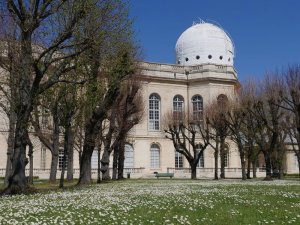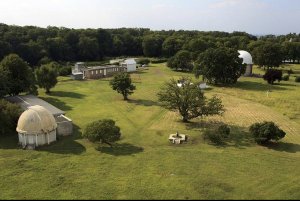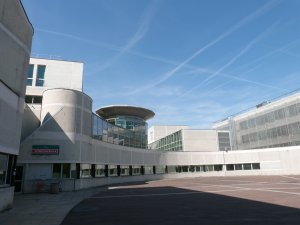Software Engineering
The software products are considered as ‘virtual’ instruments
The software products can be considered as ‘virtual’ instruments:
On one hand the software is a fundamental component (as hardware and/or sensors) for the core functioning of modern instruments (e.g. Lofar, Alma, CTA). In this context, our group developed the Alma Science Data model.
On the other hand, we participate in the International Virtual Observatory (VO) activities: in much the same way as a real observatory consists of telescopes and surveys, each with a collection of unique astronomical instruments, the VO consists of a collection of data centres each with unique collections of astronomical data, software systems and processing capabilities. The main goal is to allow transparent and distributed access to data available worldwide. This allows scientists to discover, access, analyze, and combine nature/laboratory or theoretical data from heterogeneous producers. In our group we develop and agree with the International Virtual Observatory Alliance the vital interoperability standards upon which the VO is constructed. We also participate in the implementation of the defined standards. In this context we participate in the definition of the Simulation Data Model (for storing in a unified way the results coming theoretical simulations, http://www.ivoa.net/documents/SimDM/20120503/html/SimDM.html) and completely lead the definition of the Parameter Description Language Standard (a new standard allowing a form of interoperability based on scientific and semantics properties and permitting complex scientific workflows, http://www.ivoa.net/document /PDL/20140213/index.html).
Our group is indeed involved in all the aspects and problems related to the data lifecycle: production consolidation, data storage and perpetuation, diffusion and sharing.




